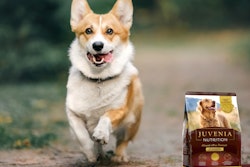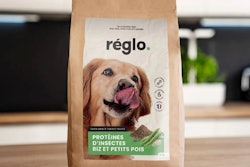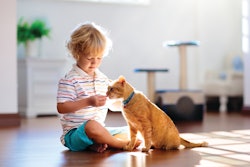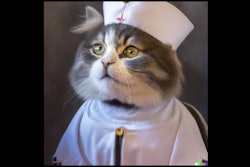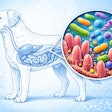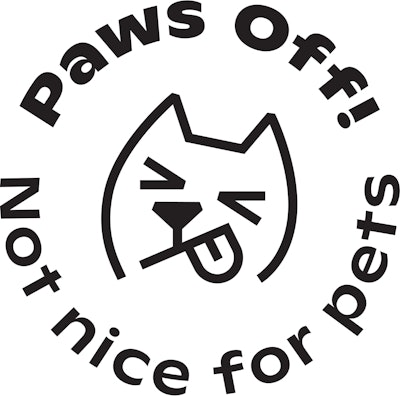
Southern Cross Pet Insurance and the New Zealand Veterinary Association have launched Paws Off!, the world’s first warning symbol that can be downloaded for free and used on food and beverage packaging's to alert people if their food is unsafe for pets to consume.
The black and white symbol that shows a dog in distress with its eyes closed and tongue out, aims to send out a message that it could be deadly to feed pets human food with ingredients that are toxic to them. The Paws Off website runs a list of ingredients, from chocolates to raw dough, that are harmful to pets.
Public access to the Paws Off! symbol and a list of human food items that pets should never eat, proved to be highly necessary after a survey of over 1,000 New Zealanders found many to be lacking knowledge on the topic. For example, while many are aware that chocolates are bad for dogs, 66% said they fed their pets leftovers which could contain onion, garlic, chicken bones, raw dough or caffeine. Also, 40% of New Zealand pet owners surveyed did not know that dogs should not eat raisins, currants and sultanas. Over 45% of the respondents also didn't know that teas are not for dogs, and avocado, because of its pit and the persin fungicidal toxin it contains, can cause vomiting or a bad case of the runs.
Pet owners who casually share their food and drinks with their pets can cause about one in three pets to become sick or worse. The other unfavorable results are the veterinary bills to treat the animals. From July 2021 to November 2022, Southern Cross Pet Insurance paid out US$82,000 to cover pets who had consumed chocolate.
With 63,000 domestic animals enrolled in its insurance plans, Southern Cross also disclosed that they paid out more than US$22.76 million in claims during FY22.
People are encouraged to spread the word about the Paws Off! logo. Companies or brands, on the other hand, are invited to use the symbol on their food and drinks packaging, if necessary, to keep pets safe.
Calling Paws Off! a movement, both the insurer and the veterinary association said it's a simple way to educate owners on how to best keep an eye on what their pets consume so they could live longer lives.
